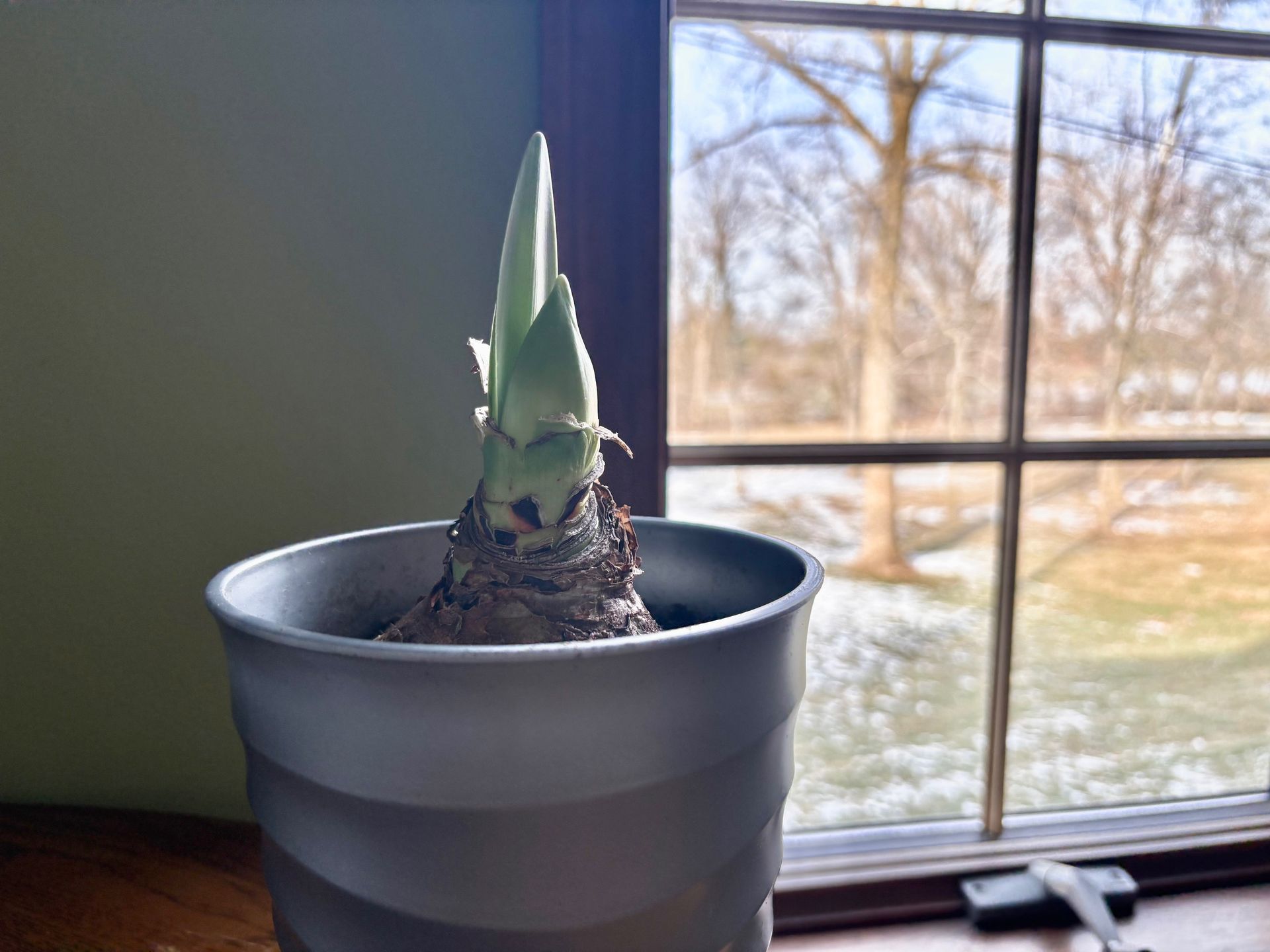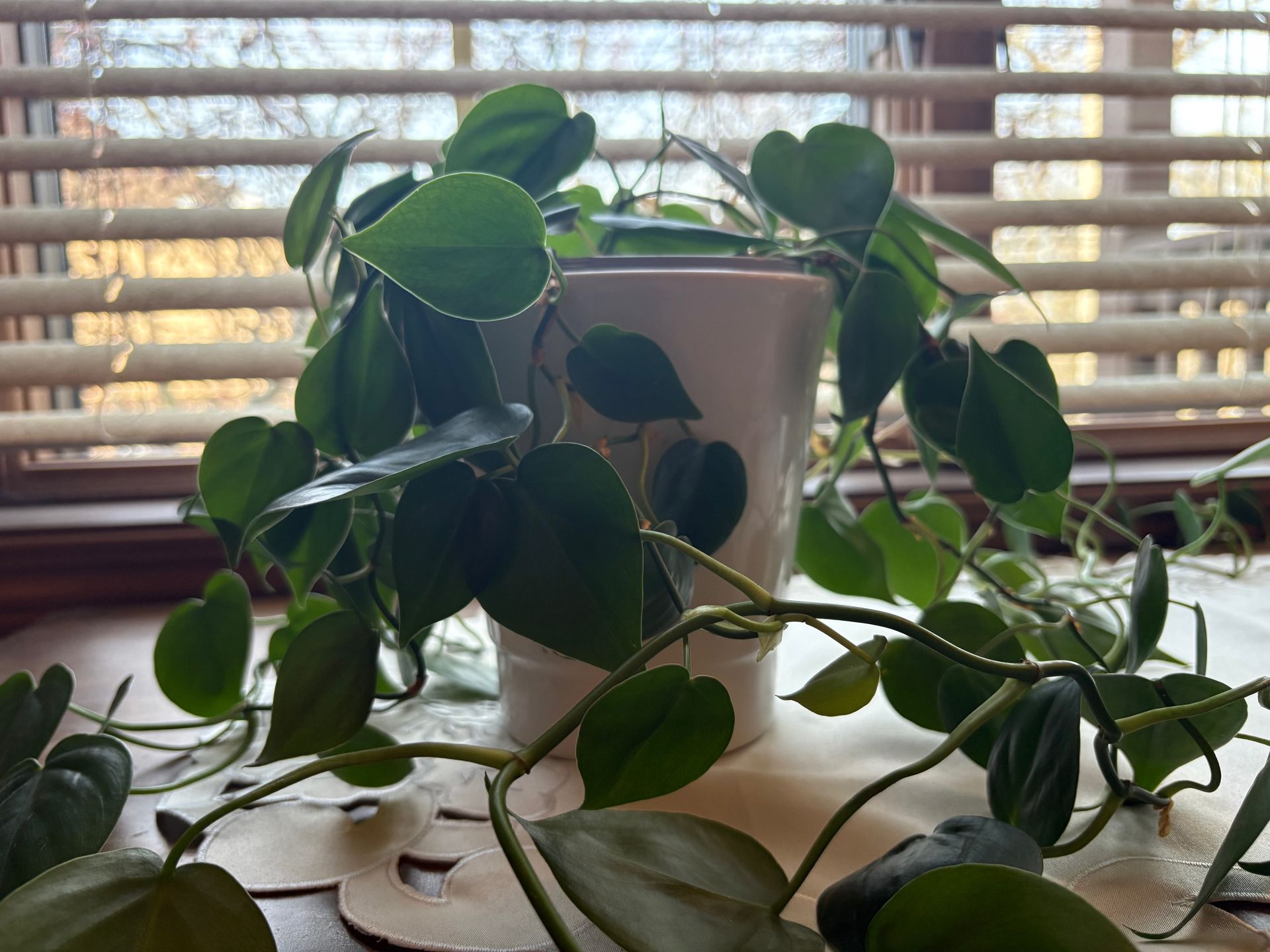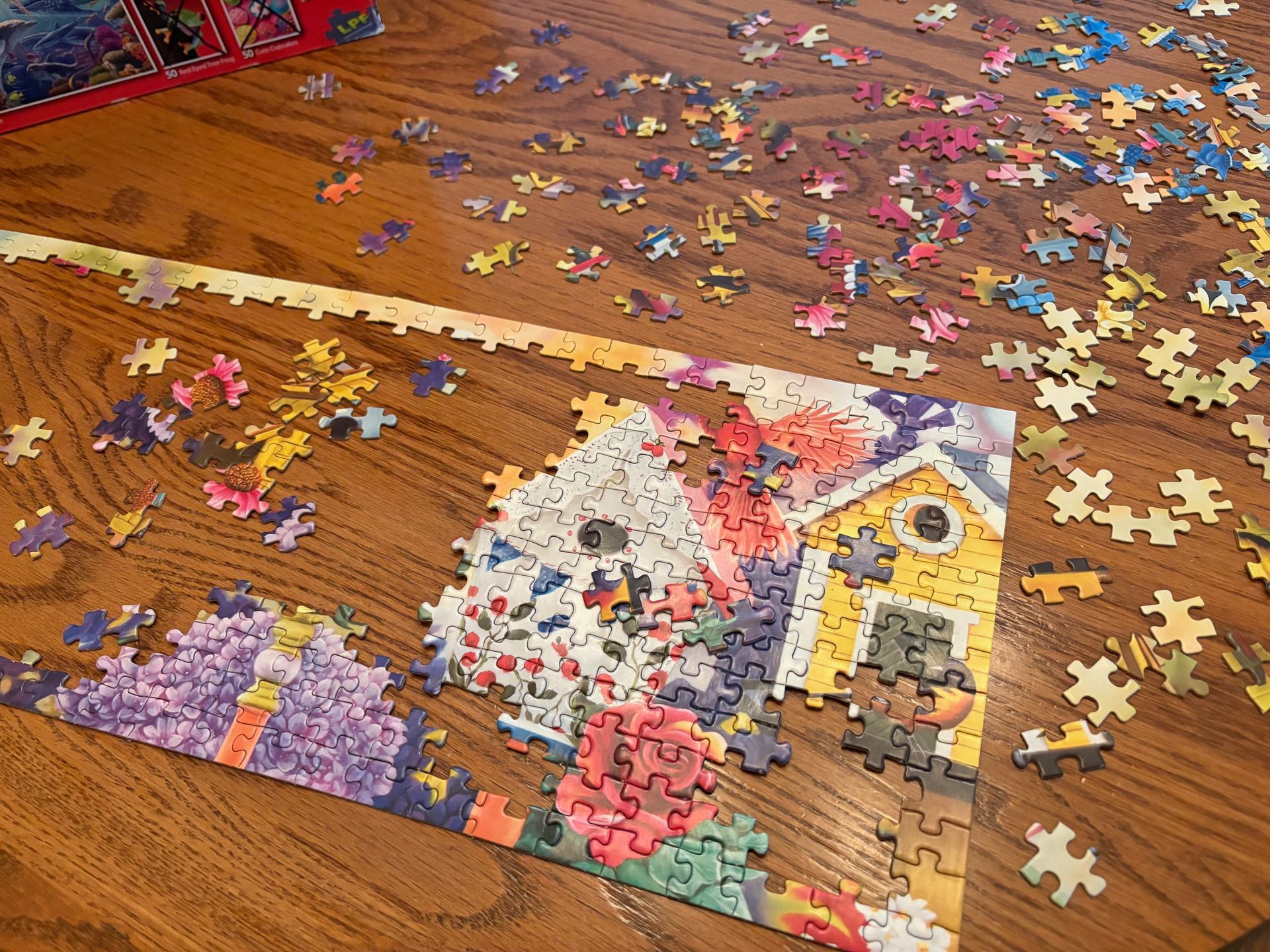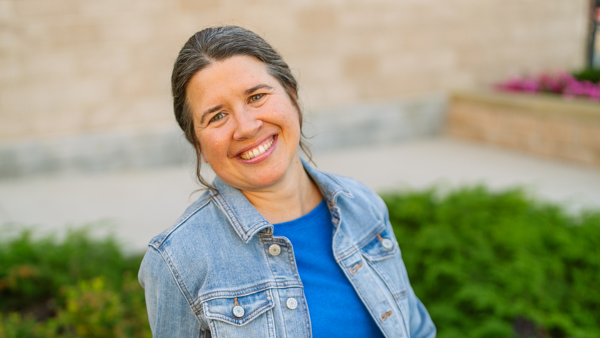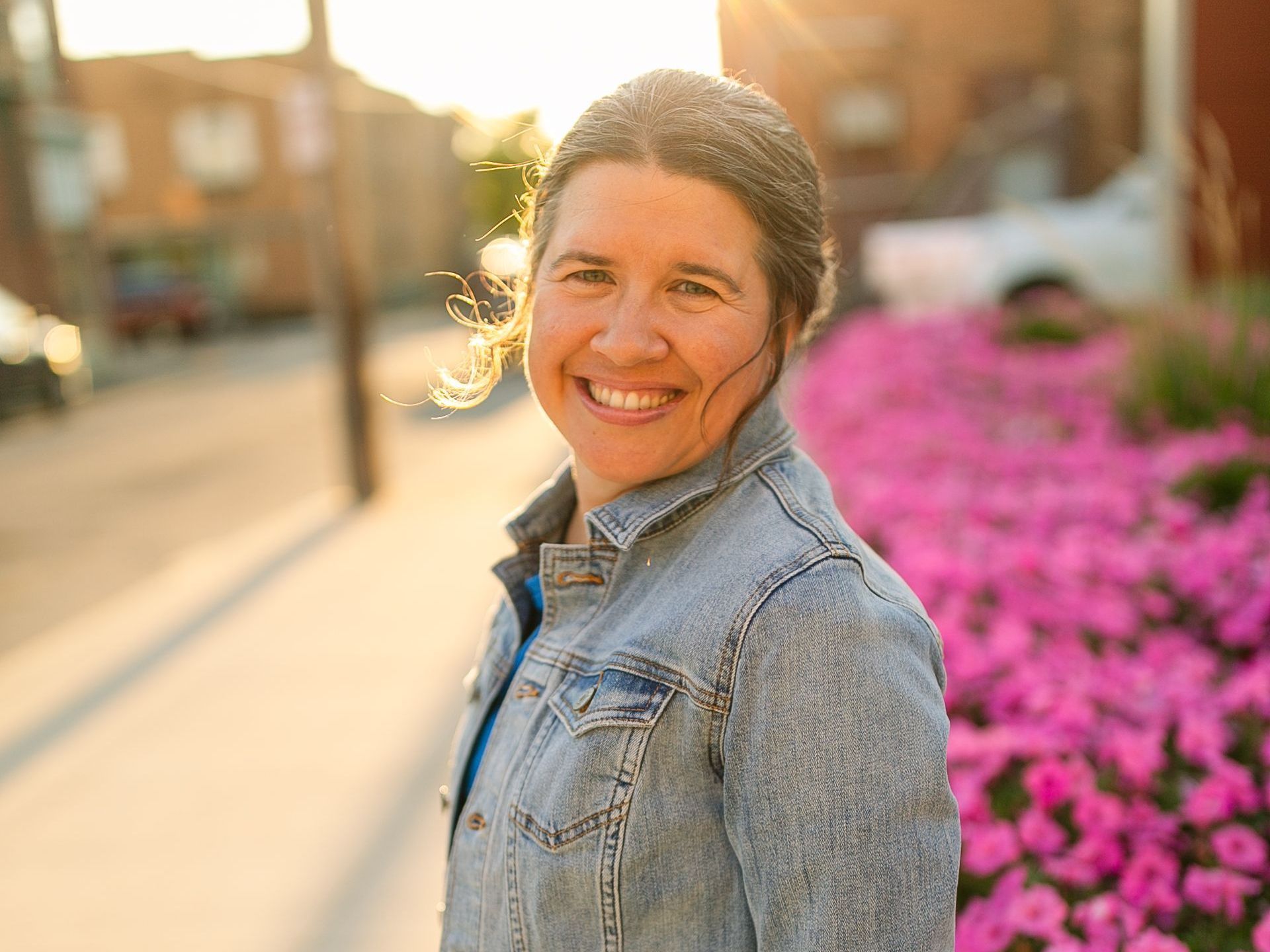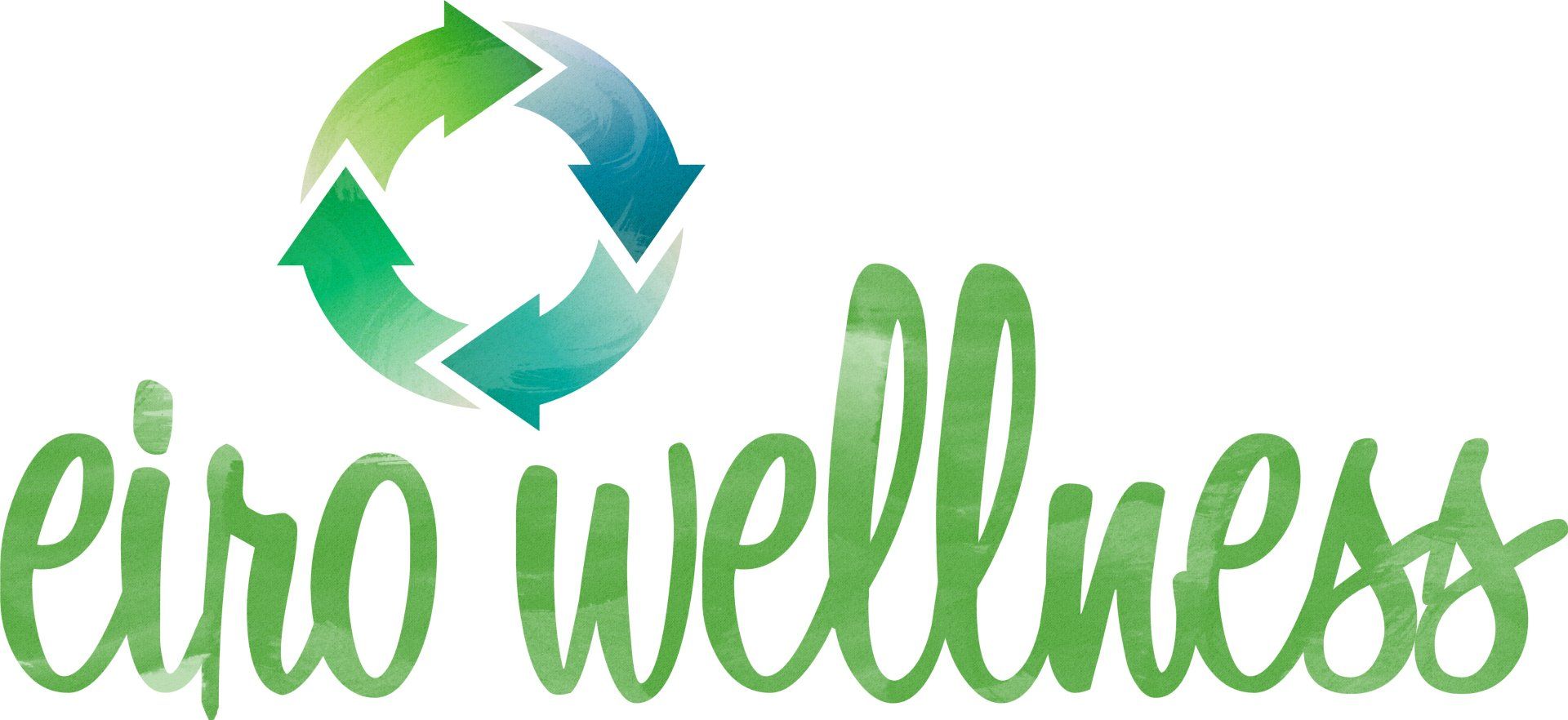Rest is the fuel for healing.
REST IS THE FUEL FOR HEALING
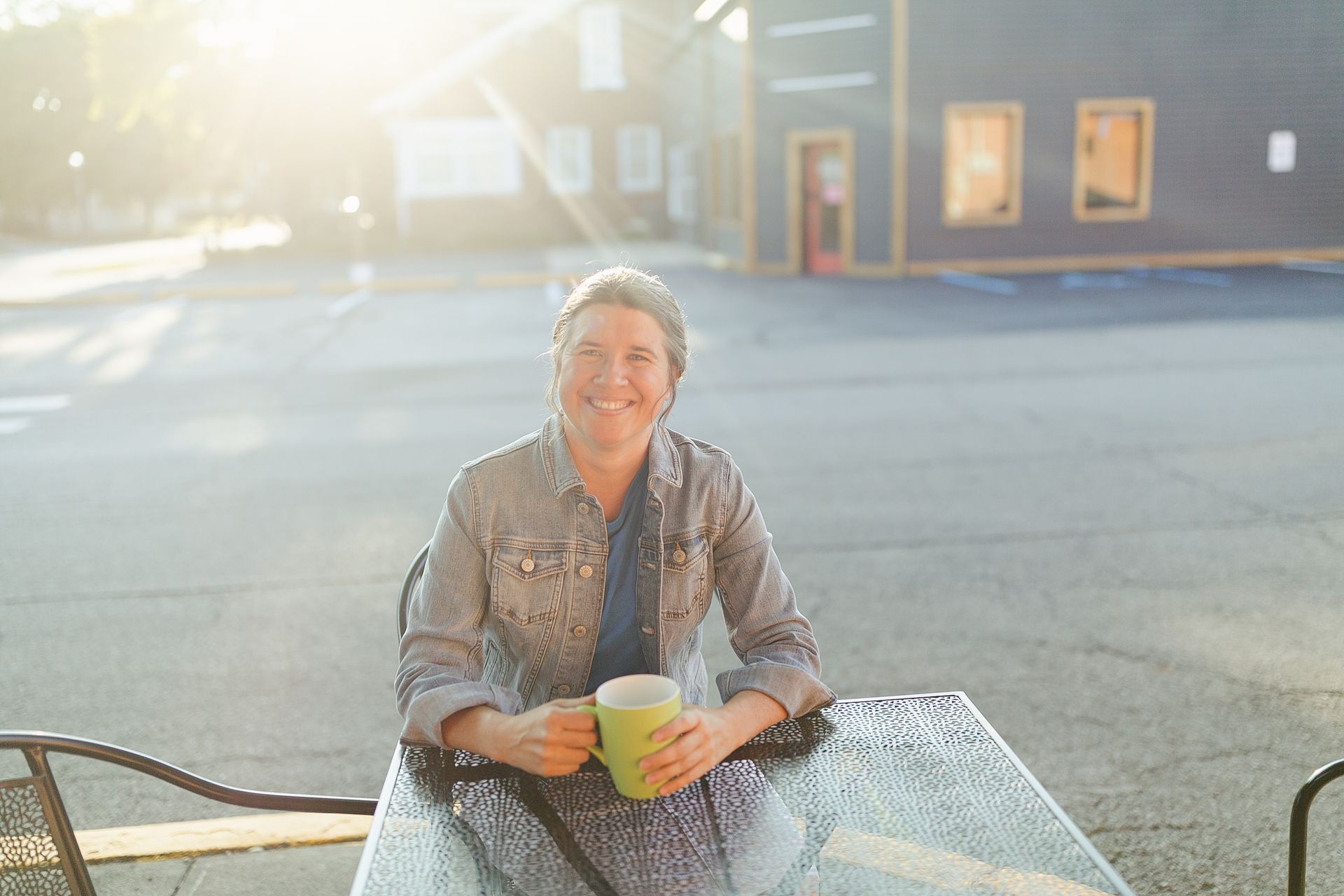
I often describe myself as a triple Type A personality. Constantly on the move, being productive, trying to accomplish more than is reasonably possible. As a teenager, my family nicknamed me Blitz because I just blitzed here, blitzed there, and blitzed everywhere!
But one day, I woke up to the harsh reality that I couldn’t sustain my level of productivity any longer because I had not stopped long enough to restore the energy I had depleted. I could still be busy, but I couldn’t produce the way I once had.
I think all of us resist the human limitations that rub up against our ideals of what we think we should be able to accomplish. For me, that journey has been ongoing. Along the way, I have learned the value of rest in healing and restoring. And while I still don’t do it perfectly, I am excited to share with you how you can enhance your own healing journey by learning to rest!
The Science of Rest and Healing
Rest is essential for healing to take place, both physically and mentally. Rest allows the body to repair and regenerate with most of this happening while we are sleeping. Rest also helps the immune system to strengthen and respond effectively to illness or injury. Rest reduces the mental strain that can accumulate from the challenges of daily life. This quieting of the mind improves focus, emotional balance, and the ability to make decisions with clarity.
When we rest, our stress hormone, cortisol, begins to decline. Cortisol levels increase under stress, leading to anxiety, poor sleep, hormone irregularities, and fatigue. Intentional rest—whether through sleep, spending time in nature, or simply pausing from daily demands—restores balance and calms the nervous system. Over time, this strengthens our ability to cope with future stress. A peaceful heart and mind are not just beneficial for health but also allow us to engage more fully with those we love.
Studies reveal the significant impact of ignoring rest. For example, research has shown that individuals who sleep fewer than six hours a night are more likely to experience illness compared to those who sleep seven to eight hours. Additionally, mental exhaustion from overwork without breaks has been linked to higher rates of burnout, anxiety, and depression. This isn’t just in the workforce but also moms at home, managing a relentless load of responsibilities and expectations. These findings remind us that rest isn’t a luxury—it’s a necessity. Embracing rest is not only an act of self-care but also an act of obedience, trusting that God’s design for our bodies includes a rhythm of work and rest.
Barriers to Rest: Why We Struggle to Slow Down
Our culture glorifies productivity to the detriment of rest. The pressure to defy expectations in what we accomplish, how we live, and how our children excel in knowledge and experience leaves no room for rest. There is an unspoken badge of honor for busyness. The busier you are, the more accomplished you must be.
Our culture resists rest unless it is an exotic vacation. We experience implied guilt and shame when we stop our frenetic doing and rest in the moment. Why? Because we feel guilty that we might be wasting time and shame because we internalize our lack of productivity equates with a lack of value. We don’t feel that we deserve the rest until our to-do list is accomplished. Rebekah Lyons says in her book, Rhythms of Renewal that “rest precedes blessing. We don’t have to run to earn rest; we run fueled by a posture of rest.”
As you juggle many responsibilities and demands, I encourage you to familiarize yourself with the symptoms of overwhelm and burnout that come when rest is ignored. Common symptoms include constant exhaustion, irritability, emotional instability, or feeling overwhelmed by even small tasks. Physical signs, such as frequent headaches, weakened immunity, or trouble sleeping, are also frequent. Spiritually, a lack of rest can lead to difficulty finding joy in prayer, reading Scripture, or serving others, ultimately leaving us feeling disconnected from God. These warning signs are a call to pause, reflect, and prioritize rest—not as an indulgence but to honor God’s design for balance and renewal in our lives.
My Favorite Strategy to Prioritize Rest for Healing
When clients come to me overwhelmed with life and experiencing anxiety and irritability, hormone concerns, and never-ending fatigue, I begin teaching them ways to rest by taking control of their lifestyle instead of being a victim to our culture’s demands. This can be challenging and requires a change in our mindset.
One of my favorite ways to begin implementing rest is with a 30-minute break during your day. Schedule this time on your calendar and make it non-negotiable! I recommend this in the middle of your day because it will provide energy to finish your day strong!
Here’s how I recommend doing this 30-minute break:
- Turn off electronics and silence your phone to prevent disruptions.
- Set a timer for 30 minutes so you aren’t constantly checking the time.
- Have a blank piece of paper and pen nearby. When thoughts of the next thing you need to do come to mind, jot it down and then forget about it. This is time to rest, not to worry about remembering your to-do list! You will have your notes after your break is done.
- Choose any activity that is rejuvenating or relaxing. This might be a nap or taking a bath, reading a book, creating something, taking a walk, playing with your pet, or anything else you feel refreshed doing. One of my favorite ways to rest is adult coloring. Don’t be surprised if you struggle at first to find things refreshing. But continue to experiment with different activities, and your list will begin to grow.
- When the 30 minutes are done, set aside your activity until the next day and notice the improvement in your mood, energy, and thinking as you engage in the rest of your responsibilities for the day.
- Note: if you have napping children, take these 30 minutes near the beginning of their nap. You will likely be extra productive afterward during the rest of their nap! If you have children old enough to not nap, establish the same 30 minutes as rest time for them. Have a special basket of activities that they can do on their own during that time. This basket should contain items and projects that they look forward to and anticipate doing.
There are many other ways to incorporate rest into your life, but this is one of my favorites!
In the Bible, Jesus invites the disciples after a day so busy that they didn’t have time to eat to “Come with me by yourselves to a quiet place and get some rest.” (Mark 6:31) Jesus recognized the exhaustion the disciples were feeling. They were trying to meet all the needs and expectations without taking a break. Many of us can relate to the disciples. Because of our demanding culture, we need to be reminded to rest.
Creating a rhythm of rest in your day will take time and the trialing of different activities. Be patient with yourself as your body and mind acclimate to the much-needed rest. At first it may feel disorienting, and you may have a hard time spending more than a few minutes resting. But over time, your body will begin to anticipate and heal in these moments of rest.
If you would like to learn more about rest and the role it plays in your healing journey of your mood, fatigue, and hormones, I invite you to schedule a free call with me. Don’t journey alone!

